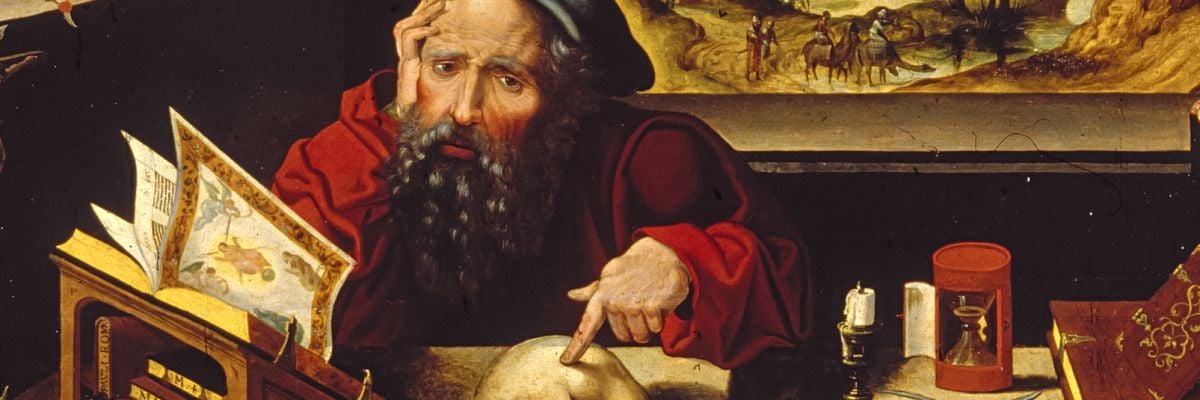
Question:
Answer:
There is no conflict between the work of exegetes, scholars, and believers in exploring the meaning of Scripture on the one hand, and the work of the magisterium in authentically defining the meaning of Scripture on the other hand.
Exegetes and believers must not pit their private judgment against the mind of the Church, or treat their methods as the ultimate arbiters of what Scripture can or cannot mean (this is what is meant by “private interpretation“). But that doesn’t mean that ordinary Catholics and Scripture scholars cannot use their intellects to probe the meaning of Scripture.
Indeed, Scripture is so rich that even when a given passage has been authoritatively connected with a certain doctrine, that does not remove that passage from the sphere of scientific or devotional inquiry. We can interpret and explore Scripture, just not in a way that contradicts what has been defined concerning it.
There is an interrelationship between the work of exegetes and believers and the work of the magisterium. It is the magisterium’s task to be the arbiter of whether or not a given theological idea belongs to the Catholic faith. But where does the theological idea come from in the first place? Who thinks of it, formulates it, develops it, and expresses it? Bishops, yes, but also priests, saints, scholars, even ordinary believers.
All of us, bringing our spiritual and critical faculties to the sources of faith (Scripture and Tradition) in a spirit of humility and docility to the teaching authority of the Church, may explore the meaning of divine revelation for ourselves.
Obviously, any interpretation we arrive at must not contradict what has already been defined as Catholic truth. That is why God gave the Church the power of defining things; to keep us from going wrong. We must be willing to submit our interpretations to the judgment of the magisterium.
But it would be a mistake to think that we are limited to parroting what the magisterium has already defined. That would be a recipe for crippling the ongoing development of doctrine which continually enriches our faith and unfolds the glories of that which was once for all delivered to the saints.


